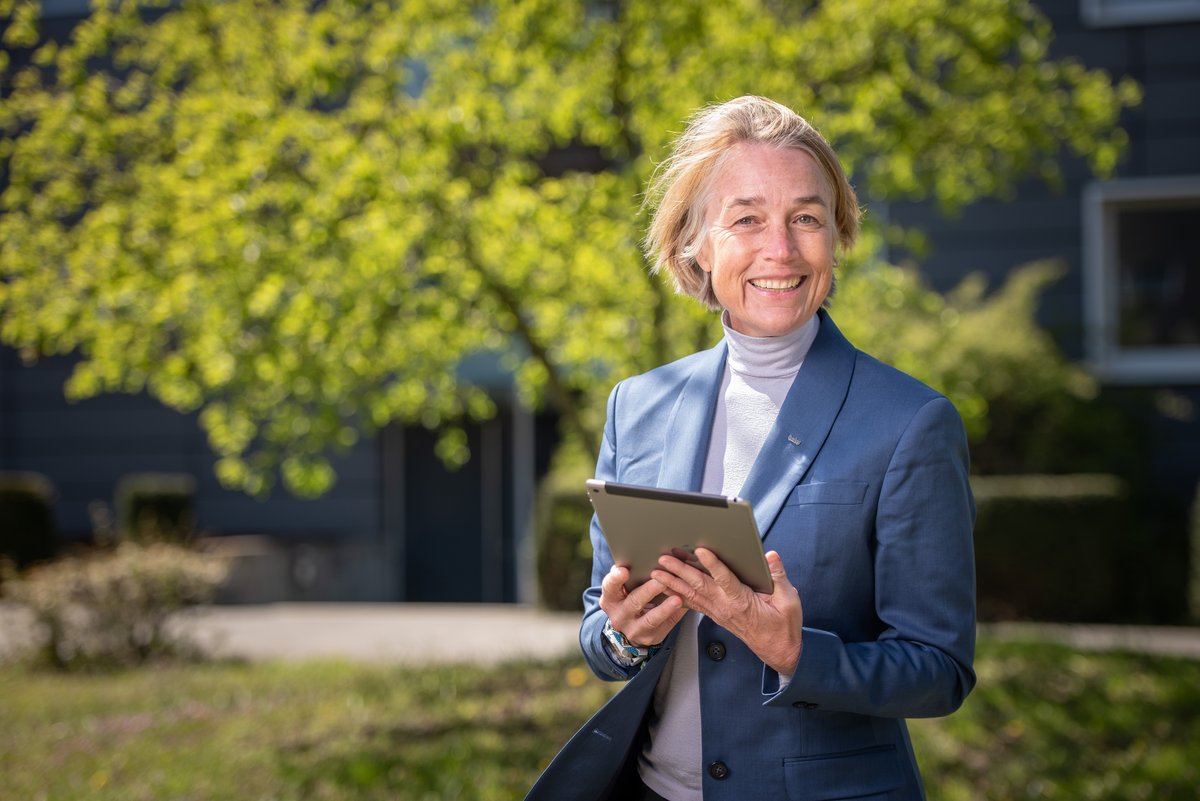“Europe is changing and therefore teaching concepts have to change as well.”
Since the 30th of August, the new episode of the DAAD (German Academic Exchange Service) podcast Campus Europa on the European Higher Education Alliances has been online. This time, everything revolves around the topic of "Innovative Teaching". This covers the basic idea of the European University for Customised Education, or EUNICE for short. In the podcast, project leader Prof. Dr. Christiane Hipp answers questions about the core of the alliance, the first offers and the future tasks and challenges.
"EUNICE will develop into an inter-university campus that brings together students, teachers, researchers and administrators, offering an alternative to narrow, traditional and often old-fashioned universities. Europe is changing and therefore teaching concepts have to change as well."
You can find the podcast [in German] at DAAD. It's worth listening to!
Background EUNICE
The BTU forms the alliance EUNICE (European UNIversity for Customised Education) with the University of Cantabria, the University of Catania, the University of Mons, the Université Polytechnique Hauts-de-France, the University of Vaasa and the Poznań University of Technology. What all partner universities have in common is that they tend to be located away from the urban centres of the respective countries. In addition, the regions of some partner universities are also facing the challenges of structural change.
EUNICE aims to solve social and economic problems - both globally and locally. With a clear vision for the future, the alliance strives to achieve multiple goals: In addition to customised and flexible education, the shaping of a European identity and close cooperation with the regional economy are of great importance to the consortium. Thanks to the transnational university contacts, the often very regionally oriented economy can be internationalised and thus become more competitive. In addition, by intensifying the cooperation within the alliance, students, scientists and employees have the opportunity to network more closely with each other and to make better use of the joint offers, infrastructure and expertise from all areas.
Kontakt
ABWL; insbesondere Organisation und Unternehmensführung
T +49 (0) 355/69-3618
christiane.hipp(at)b-tu.de

